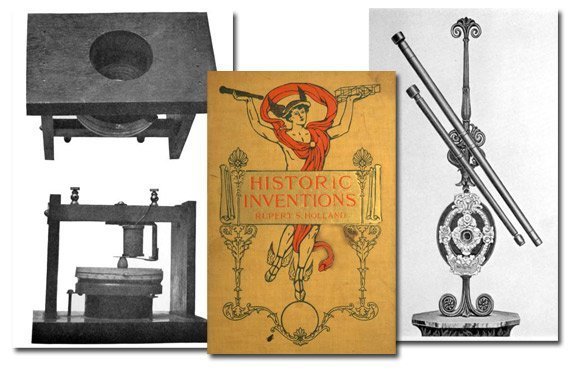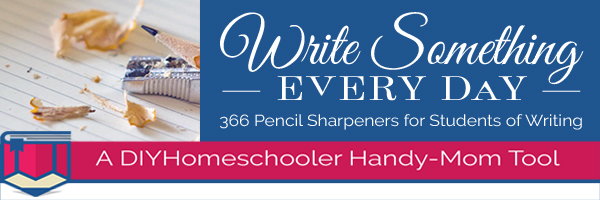
Historic Inventions by Rupert Sargent Holland takes a look at 16 inventions and their inventors. While there is no shortage of books about inventions, Historic Inventions is told in story form, making it a great complement to our free science studies series!
The stories are told in chronological order and include:
- Gutenberg and the printing press.
- Galileo and the telescope.
- Watt and the steam engine.
- Arkwright’s spinning jenny.
- Eli Whitney and the cotton gin.
- Fulton’s steamboat.
- Stephenson’s locomotive.
- Morse and the telegraph.
- McCormick and the reaper.
- Howe’s sewing machine.
- Bell and the telephone.
- Edison’s incandescent light.
- Marconi and his wireless.
- The Wright brothers’ airplane.
Again, since these are historical fiction in nature, they beautifully complement our free science studies, which are based on Bachman’s Great Inventors and Their Inventions. We have added chapters from this book to our studies.
Free eBook
Suggestions
- If you have younger students, use the book as a read aloud. As younger students work on their reading and writing skills, a simple introduction to science should suffice.
- If you have older students, they can work through the book themselves.
- Since there are 16 chapters, by covering one chapter each week you will have enough material for one semester.
- Older students can create an Invention Notebook with one narration page per inventor.
- Illustrations of the inventions can be copied or drawn on drawing and writing paper.
- In some cases experiments can be included. You’ll find help for this in our free science studies.
Additional Resources

10 Ways to Use Notebooking: #7 Science
Suggestions for creating your notebook. You’ll also find experiment pages, and more!
Free Science Studies: Great Inventors and Their Inventions
The two books track very nicely. Our book study includes tons of resources!
Drawing & Writing Notebooking Paper {Free Download}
Paper for copywork, narrations, and/or illustrations.










You must be logged in to post a comment.